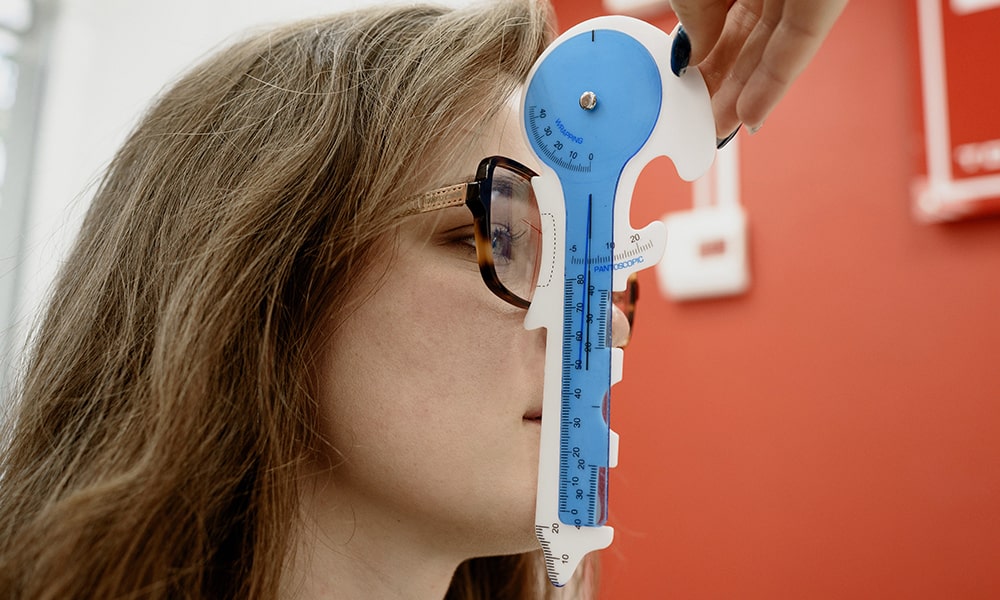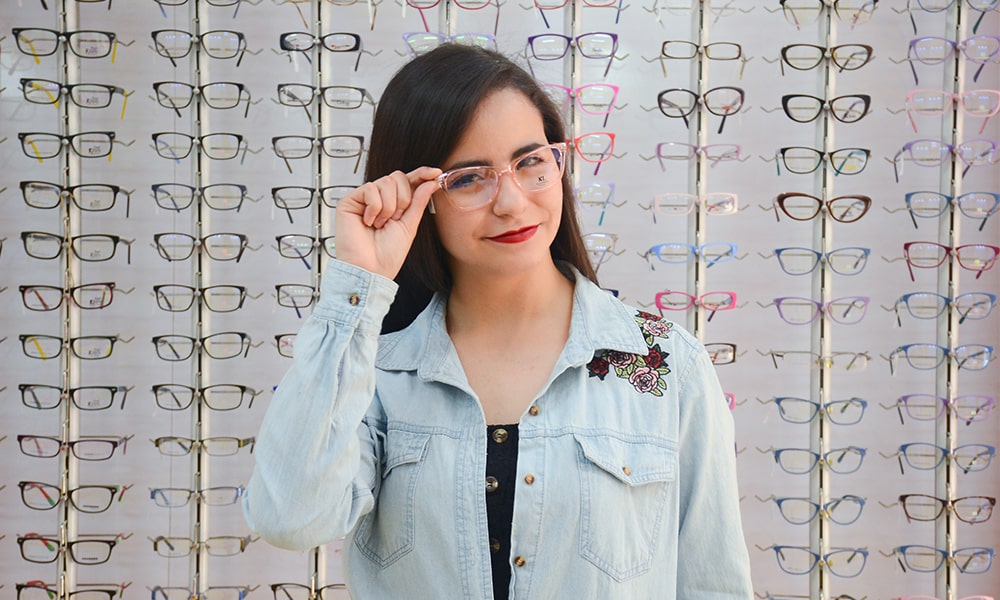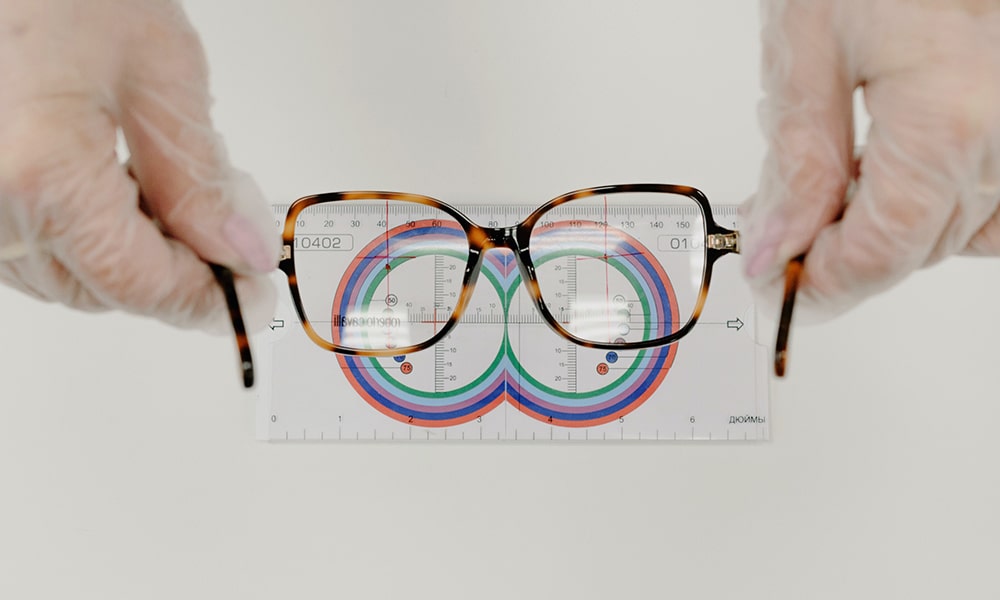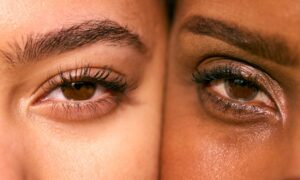Macular degeneration, commonly referred to as age-related macular degeneration (AMD), is a leading cause of vision loss among older adults in the UK. While this condition cannot be completely reversed, the progression can often be slowed, and certain tools and products can help maximize existing vision. One such tool is specialized glasses designed to aid those with AMD. This article delves into the types of glasses available, their benefits, and the potential supplements that might complement them.

The basics of macular degeneration
Before diving into the world of eyewear, it’s essential to have a foundational understanding of AMD. Macular degeneration impacts the macula, which is the central part of the retina responsible for sharp, clear vision. As this area deteriorates, so too does central vision, making activities like reading, recognising faces, and driving increasingly challenging.
Why special glasses are essential
Standard prescription glasses can correct refractive errors like myopia or hypermetropia but may not always be suitable for those with AMD. This is because AMD patients often need additional support to amplify or enhance the vision they have left. Special glasses can:
- Magnify objects: Increasing their size can make them more visible.
- Filter harmful light: Filtering out specific wavelengths can reduce glare and enhance contrast.
- Redirect vision: Some glasses can redirect light to healthier parts of the retina.
Types of glasses for macular degeneration
- Magnifying glasses: These increase the size of the object being viewed, making it easier for the damaged macula to interpret. They can be hand-held or mounted on a frame.
- Telescopic glasses: These contain small telescopes and are used for distance tasks like watching television or recognising faces. It’s worth noting that while they can provide significant magnification, their field of view is narrow.
- Prismatic glasses: These glasses use prisms to shift images from the damaged part of the macula to a healthier region of the retina. They can be especially useful for tasks that require a broader field of view.
- Absorptive or filter glasses: These glasses can block or filter harmful or unnecessary light wavelengths, reducing glare and increasing contrast. Yellow, amber, and orange tints are popular choices.
Specialized glasses
- Bioptic telescopic glasses: These combine the features of standard glasses and telescopic ones. The telescope is mounted at the top of the lens, allowing users to tilt their heads slightly to use the telescope while using the rest of the lens for regular vision.
- Electronic glasses: A relatively new addition to the field, these utilize digital technology to enhance vision. They can magnify images, adjust contrast, and even utilize artificial intelligence to identify and read out objects to the user.
- Reverse telescopic glasses: Useful for those with advanced macular degeneration, these glasses reduce the size of images, allowing them to fit into the user’s remaining central vision.
💡 You might like this guide: Is Macular Degeneration a Disability?

How to select the best glasses
Choosing the right glasses involves several factors:
- Understand your needs: Depending on whether you want the glasses for reading, watching TV, or other tasks, your choice might differ.
- Consult with an optometrist: They can recommend the best option based on your specific condition and needs.
- Consider comfort: Remember, these glasses might be worn for extended periods.
- Factor in cost: While some glasses can be affordable, others, especially specialized ones, can be pricier. It’s essential to balance needs with budget.
💡 More information: How to Read With Macular Degeneration.
Benefits of using specialized glasses
Regular spectacles merely correct vision but aren’t tailored for AMD-specific challenges. In contrast, specialized glasses for AMD offer:
- Enhanced magnification: Helps in making objects appear larger and clearer.
- Light filtration: Reducing harmful light frequencies that exacerbate AMD symptoms.
- Visual redirection: Redirecting the line of sight to less affected parts of the retina.
The importance of regular eye check-ups
While selecting the right glasses is crucial, regular eye examinations are paramount. They not only help track the progression of AMD but can also indicate when a change in prescription or type of glasses is needed.
Navigating the challenges of macular degeneration requires a multi-pronged approach. Specialized glasses, regular eye examinations, and supportive eye supplements can collectively enhance the quality of life for those with AMD. As with any health concern, the collaboration between the individual and healthcare professionals is vital for optimal outcomes.
Frequently asked questions
Can I use regular prescription glasses if I have macular degeneration?
While regular prescription glasses correct common vision problems like nearsightedness, farsightedness, and astigmatism, they do not address the specific needs of someone with macular degeneration. Specialized glasses are recommended.
How do I choose the right glasses for macular degeneration?
Choosing the right glasses involves:
- Consulting with an Eye Care Professional: An optometrist or ophthalmologist can recommend the best type of glasses based on the severity of the AMD and your specific needs.
- Trial and Error: It might take trying several types of glasses to find the ones that work best for you.
- Consideration of Daily Activities: Your lifestyle and daily activities should dictate the type of glasses that would be most beneficial.
Are there any technological advancements in glasses for macular degeneration?
Yes, there are continuous advancements in technology aimed at helping individuals with macular degeneration. This includes electronic glasses that can automatically adjust magnification and contrast based on the environment and what the wearer is trying to view.
Will insurance cover the cost of these glasses?
Coverage varies by insurance provider and plan. Some plans may cover the cost of prescription glasses, including specialized glasses for macular degeneration, especially if they are deemed medically necessary. It’s important to check with your insurance provider.
Can lifestyle changes complement the use of glasses for macular degeneration?
Yes, lifestyle changes such as a healthy diet rich in antioxidants, regular exercise, and avoiding smoking can help slow the progression of macular degeneration and complement the use of specialized glasses.
Where can I buy glasses for macular degeneration?
Glasses for macular degeneration can be purchased from specialized optical shops, some optometrists, or through online retailers that focus on low vision aids. It’s important to consult with an eye care professional before purchasing to ensure they meet your specific needs.




